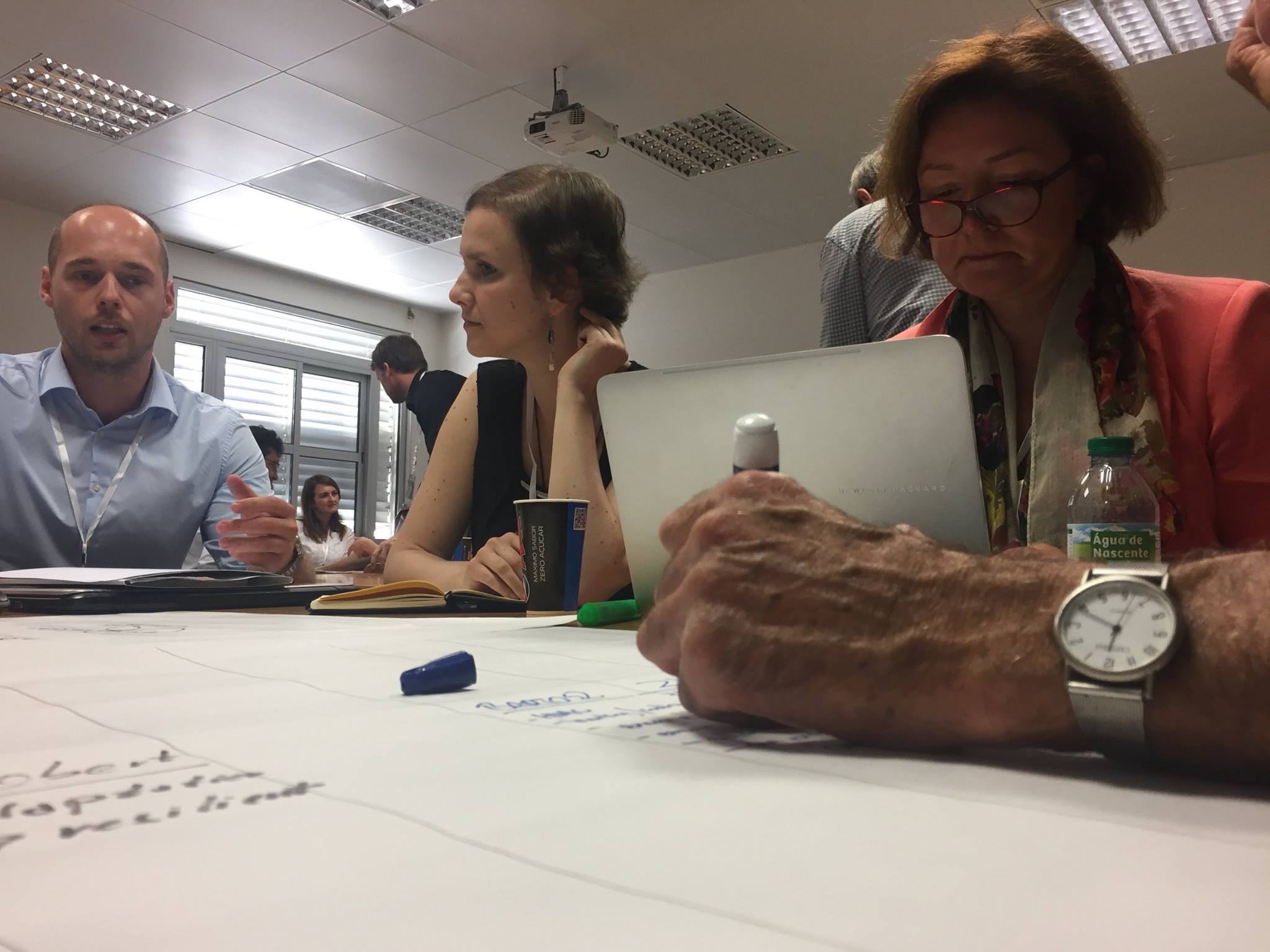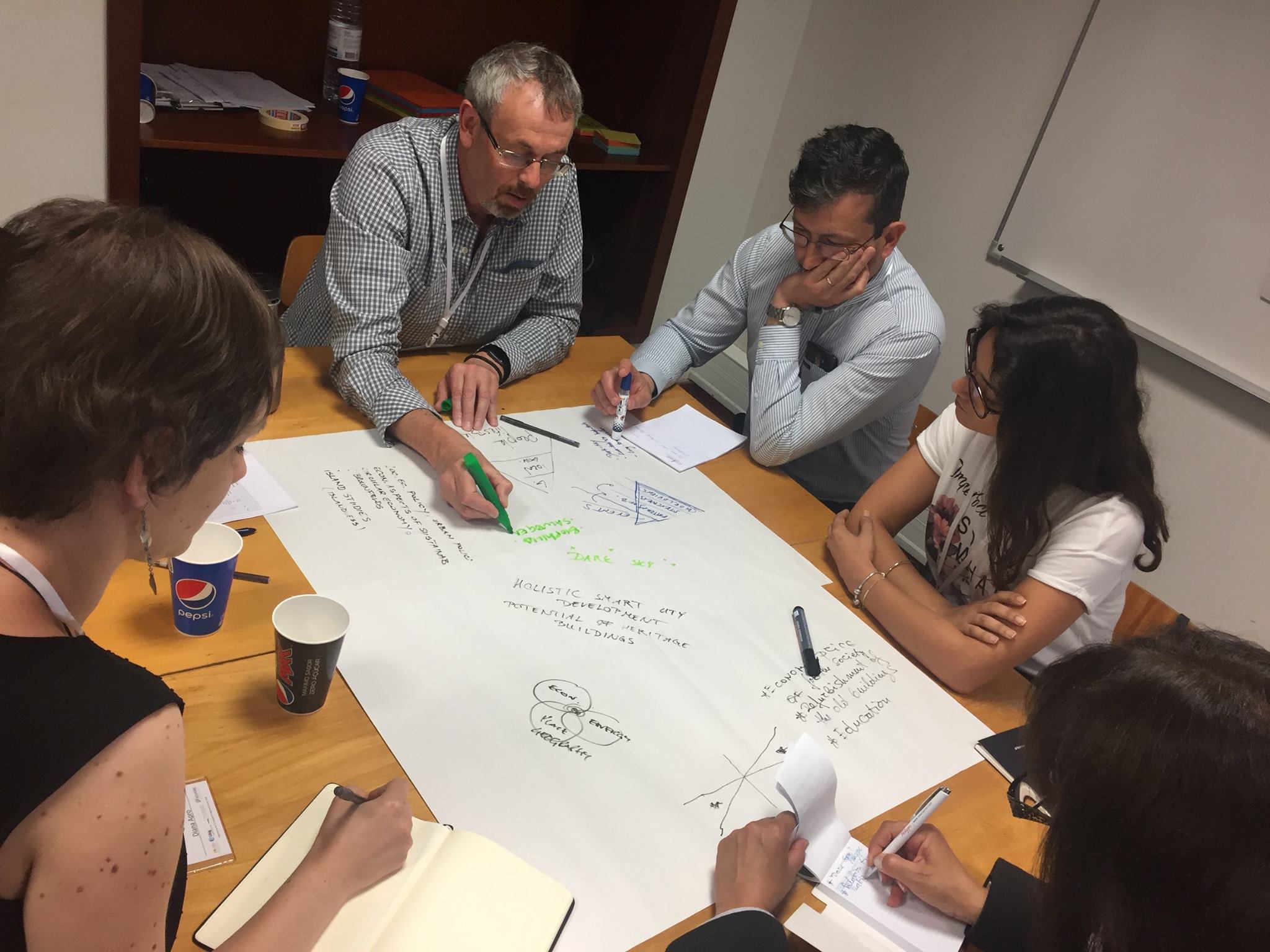On May 30th and 31th at the University of Algarve, Portugal the meeting of the COST action RESTORE was held. The main theme was sustainable buildings and design. Lithuania was reresented by prof. dr. Ž. Stasiškienė director of the Institute of Environmental Engineering Kaunas University of Technology.
Sustainable buildings and facilities are critical to a future that is socially just, ecologically restorative, culturally rich and economically viable within the climate change context
Despite over a decade of strategies and programmes, progress on built environment sustainability fails to address these key issues. Consequently the built environment sector no longer has the luxury of being incrementally less bad, but, with urgency, needs to adopt net-positive, restorative sustainability thinking to incrementally do ‘more good’.

Within the built environment sustainability agenda a shift is occurring, from a narrow focus on building energy performance, mitigation strategies, and minimisation of environmental impacts to a broader framework that enriches places, people, ecology, culture, and climate at the core of the design task, with particular emphasis on the benefits towards health.
The RESTORE Action will affect a paradigm shift towards restorative sustainability for new and existing buildings, promoting forward thinking and multidisciplinary knowledge, leading to solutions that celebrate the richness of design creativity while enhancing users’ experience, health
and wellbeing inside and outside buildings, in harmony withurban ecosystems, reconnecting users to nature.
The COST proposal will advocate, mentor and influence for a restorative built environment sustainability through work groups, training schools (including learning design competitions) and Short Term Scientific Missions (STSMs).
During the first meeting the capacities and competencies of the working groups 1 and 2 were employed to:
· Evolve Agenda of Restorative Design, which introduces the evolving spectrum of paradigms, design challenges, opportunities, and perspectives for sustainable architecture and urban design. The knowledge, skills, and competence that should inform and orient the practice shift required by an approach to architecture informed by restorative sustainability were discussed.
· Analyse and evaluate Processes, Methods and Tools for Restorative Design according the principoles of restorative sustainability. And primarily based on case studies derived from the workshop, constitute the core of the action and provide “hands-on” guidance to the practice of restorative design
After the theorethical workshop participants visited regional examples of sustainable and unsustainable landscape planing. The visit was guided by Thomas Panagopoulos, professor of Algarve University.
